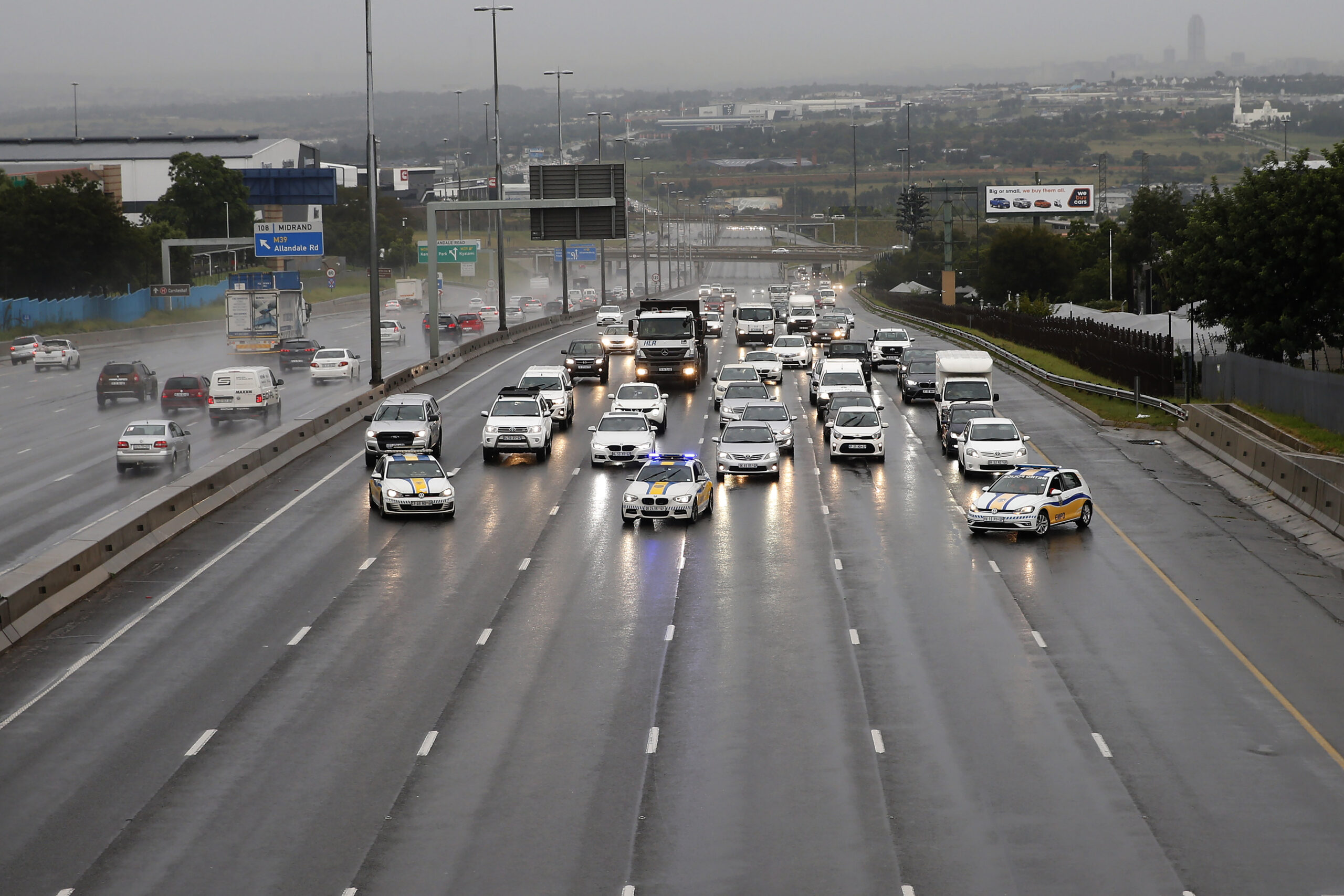Covid-19 is out of control like a runaway car on a Gauteng freeway: if June’s online news coverage is anything to go by, this is a dominant way in which South Africans are making sense of the virus as we hurtle through the third wave.
My electronic database of 135 top news stories from IOL, News 24 and TimesLive’s daily newsletters from June shows that Covid-19 was the most-discussed topic, with 184 mentions, ahead of Zuma with 159 mentions and Eskom with 150. But it is the language used to describe the pandemic that is particularly influential in shaping people’s understanding of it.
The word that appears most exclusively near “Covid-19” in the news articles is “fuelling”. One TimesLive headline reads “Cold weather and ‘zero understanding’ of virus behaviour fuelling Covid-19 spread”. Another article says that “human behaviour is fuelling the intensity of the third wave”. Apparently Covid-19 is a vehicle that won’t go unless there’s petrol in its tank, and our counterproductive actions are what keep it from running on empty.
The use of “behaviour” in both these quotes is notable. We normally use the word “behaviour” in a disapproving way, such as when we tell children that they need to improve their behaviour. There is also an element of unpredictability in “behaviour”: we’re not sure about how people are going to behave tomorrow or next month. This word seems to stimulate both our tendency to judge others who aren’t quite keeping to Covid-19 safety protocols like we are, and the lingering sense of uncertainty that we’ve lived with since March 2020.
This unpredictability is exacerbated by declarations that the pandemic is “out of control” in certain places. The phrase “out of control” appeared once in my database of news articles, in the statement “The pandemic is out of control”. However, the word “control” appeared 12 times in the context of needing to control the virus or people in response to it. In three of these, people’s “behaviour” was explicitly mentioned as something that needed to be controlled. If Covid-19 is a car accelerating out of control, it is partly because of the reckless behaviour of the driver — ordinary South Africans.
The word with the second strongest association with “Covid-19” is “toll”, as in “death toll”. The official death toll has been ticking up far faster than a speeding Gauteng driver can rack up an e-toll debt, having now surpassed 60 000. And we were reminded that the real death toll may be three times higher than that, as excess death estimates show.
One last sign of the rapidity of the runaway third wave is the strong association between the word “gone” and “Covid-19” in June’s news. It’s not quite Gone in 60 Seconds, but medical aid Discovery Health reported that the number of their members in hospital with Covid-19 “had gone up nearly five times” between 10 May and 10 June. Researchers have suggested that 85% to 95% of our excess natural deaths are related to the virus, but have “gone unreported as linked to Covid-19”.
But perhaps the most tragic things that have gone, with far-reaching effects, are hours that learners could have spent in school. Education researcher Nic Spaull says that our long-suffering Covid kids will “have gone through schooling but would not be able to do the same things that the previous kids were able to do because they lost so much schooling.”
The “out-of-control car” metaphor might be appropriate to describe the speed at which the third wave is spreading, the danger it poses and the fact that human behaviour strongly influences its spread. It even describes the inability of legislation to stop transmission of the virus: you can make all the “road rules” you like, but if people ignore them they are not going to make us safer. With Covid-19, as with driving, your safety depends on the caution of others around you.
At the same time, I wonder about what the inadequacies of this metaphor say about the public understanding of the pandemic, and therefore people’s adherence to precautions against Covid-19. For instance, a runaway car is mercifully only ever in one place at one time; a virus multiplies, disperses through the air and travels with people so that even if you are in an area where there currently are few infections, you can’t let your guard down.
Second, runaway cars are big and clearly visible, while the Covid-19 virus is tiny and imperceptible to the naked eye. How well do people appreciate that they can contract Covid-19 from people who don’t look at all like they’re infected, or spread the virus themselves without any symptoms?
Perhaps we need to keep a careful watch on the metaphors we use when we talk about Covid-19; our word choices may really be a matter of life and death.



